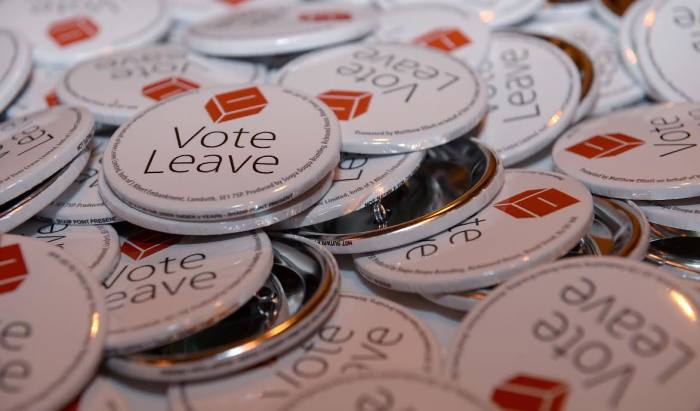
Financial services is set to bear the highest cost of Brexit, according to a new report from management consultancy Oliver Wyman and law firm Clifford Chance.
Almost three-quarters of the impact of Brexit will fall on just a handful of sectors in the UK: financial services, automotive, agriculture and food and drink, consumer goods, and chemicals and plastics.
In the UK, financial services will take "by far the biggest hit", the report said, given London’s role as Europe’s financial centre. The sector will incur about a third of the extra ‘red tape’ costs.
Kumar Iyer, partner at Oliver Wyman, said: "In order to navigate the uncertainty, companies should be thinking about impacts under different scenarios both operationally and strategically.
"We see the best prepared firms taking hedges now based on the direct impacts on themselves, their supply chains, customers and competitors. Unfortunately, we see that small firms are least able to take these steps at present."
The report found there would be a significant impact in other sectors where firms are highly integrated into European supply chains – for example in the automotive, aerospace, chemicals and metals and mining sectors.
Here, direct costs could be equal to 5 per cent or more of gross value added (GVA). GVA is a measure of the increase in the value of the economy due to the production of goods and services.
In the EU27, the sector which will struggle the most post-Brexit is automotive, where the direct impact is expected to be 2 per cent of Gross Value Added (GVA), a measure of the contribution of the sector to the economy.
The red tape, or tariff and non-tariff, costs of Brexit if Europe and the UK reverted to a World Trade Organisation trading relationship would be £31bn for European exporters and £27bn for UK exporters, the report found. This is proportionately four times larger for the UK as a percentage of GVA.
But, if Theresa May was able to negotiate a future customs arrangement equivalent to the current EU Customs Union, this would reduce the impact to £17bn for the UK and £14bn for the EU27.
Certain geographical areas will be disproportionately affected by Brexit, with the research highlighting London and Bavaria. London would feel a direct effect equal to about 2.5 per cent of GVA, accounting for 40 per cent of the national total.
The research suggested there were steps individual companies can take to mitigate the costs of Brexit by 10 per cent - 30 per cent, but it would involve planning and investment.
Making more use of domestic suppliers, better IT systems, and warehousing at borders were examples of what firms can do to protect themselves.
Jessica Gladstone, partner at Clifford Chance, said: "Failing to prepare is preparing to fail. Given the difficulty of knowing exactly what turbulence lies ahead many businesses are putting Brexit in the 'too hard' box.
"However, exporters that understand exactly what Brexit's risks and rewards could be for them will be able to implement the right plans at the right time to ensure that they are one of the winners rather than one of the losers."





